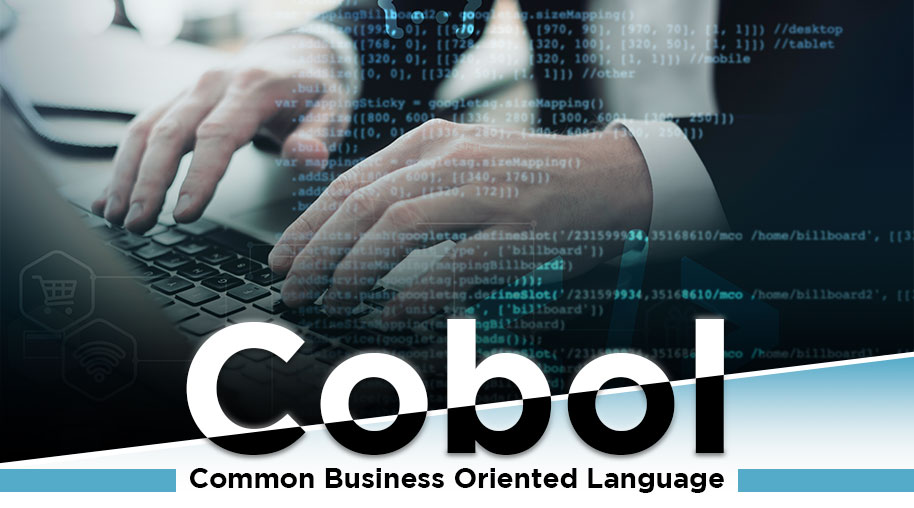COBOL - Common Business Oriented Language
by Sayani
0 2730
It has been object-oriented, procedural, and imperative since 2002. Mainframe computer applications, such as enormous task and transaction processing activities, often employ COBOL.
Due to its waning popularity and the retirement of skilled COBOL programmers, applications have been ported to other platforms, rewritten in more contemporary languages, or replaced entirely by computer programmers.

Although many large financial institutions were still creating new COBOL programmers in 2006 due to the speed of mainframe operation, this trend has shifted chiefly to support existing applications.
The COBOL Features
The scope of COBOL's implementations is quite broad.
The use of COBOL is not dead yet.
In terms of data size, COBOL-based systems are very scalable.
The COBOL frameworks are straightforward.
The flexibility of COBOL systems makes them suitable for usage by anybody.
Applications written in COBOL are simple to administer.
Allow for names up to 30 characters and connecting terms of the same length.
When was the last time you heard of someone using COBOL?
More than 29,010 businesses, or 0.8% of the market, are still utilizing COBOL, according to one source. There are still some 200 billion lines of COBOL code in use, according to another estimate, and 90% of Fortune 500 organizations use it, especially in the areas of large-scale banking, insurance, transportation, and retail point-of-sale systems.
According to Reuters research last year, 43% of banking systems are still powered by COBOL programmes. This is in addition to the 70% of corporate software and 95% of ATM swipes powered by COBOL applications for business transaction processing. There is a 60-year-old government system still in use today.
Easy way to crack COBOL Interview
COBOL applications were developed for transaction processing and are used for various services, including Payroll, Government Pension Fund Management, Banking, Hotel Reservation, and Airline Ticketing.
Why do big businesses persist in using COBOL?
There are many good reasons why COBOL is still used. One is that other programming languages can't compare to COBOL regarding reliability and adaptability. Accuracy is essential in several industries like banking. COBOL is superior to Java in this regard.
Another reason is that many of the world's largest companies still use COBOL for critical applications and changing that would be too costly or disruptive. COBOL's continuous relevance in the ever-evolving digital landscape provides the mix of perpetual novelty and dependability essential in information technology.
Brief COBOL Background
In the 1950s, Grace Hopper found COBOL. Earlier, it was assumed that each manufacturer would have their proprietary computer language to execute a programmed. The Department of Defence (DOD) swiftly embraced COBOL because its cross-platform programmers could operate on various vendors' computers. A lot of work and upgrades have gone into it since 1960.
Is there a need for COBOL today?
COBOL compilers from Micro Focus, IBM, Fujitsu, and GnuCOBOL are among the most popular on the market. Visual COBOL Personal Edition (PE) is one answer to the problem of a shortage of qualified COBOL programmers.
To facilitate COBOL application development on the most common IDEs, Visual COBOL PE interacts with both Microsoft Visual Studio and Micro Focus Visual COBOL for Eclipse.
Many digital transformation initiatives rely on the capacity to migrate critical apps and systems from their current environments to ones that are more suited to support future innovation.

Share:








Comments
Waiting for your comments